Quantum Leaps: The So-Called Whistleblower That Got NSA’s Top Mathematician Fired
Tulsi Gabbard has a so-called whistleblower (SCWB) on whose claims she has built wild conspiracy theories that conflict even with what Kash Patel and John Ratcliffe have said after reviewing the same documents. The SCWB’s claims about … well, a bunch of things, are so flimsy I thought I could just ignore them.
Sadly, I can’t.
Tulsi just used the claims to fire a top NSA mathematician, Vinh Nguyen, over the objections of the Acting Director of NSA.
The acting director of the National Security Agency tried to protect one of his top scientists from losing his security clearance as Tulsi Gabbard, the director of national intelligence, prepared to announce the move this week, according to officials briefed on the matter.
The effort failed. Ms. Gabbard, on orders from President Trump, fired the scientist, who was a leading government expert on artificial intelligence, cryptology and advanced mathematics.
SCWB also seems to harbor a grievance against Shelby Pierson based on his own conspiratorial misunderstanding. Pierson warned against Russian interference in 2020, and had since moved back to lead the analytical team at the National Geospatial-Intelligence Agency. She was ousted along with Nguyen.
So this whistleblower complaint appears to have led to the ouster of two senior intelligence officials.
And his claims are riddled with problems.
As laid out in documents Tulsi has released, there are several parts to his complaint (but they’re so disorganized they make me worry about the analytical ability of what must be one of the Intelligence Community’s top analysts). What appears to have happened is the SCWB felt that Nguyen pressured him to adopt one of the Key Judgments of the 2017 ICA weeks after the fact, and it led him to get paranoid about everything that happened before and after that. Based off a misreading, a rumor, and an apparent chip on his shoulder, in 2019 he came to believe that both Nguyen and Pierson had been hiding that the Steele dossier had a role in the ICA that it provably did not have, and based on that, he tried to submit a whistleblower complaint, with little success, until Tulsi came along.
Here’s the timeline:
February 2016: Squire Patton Boggs shares concerns about voting
Years after the fact, SCWB retroactively came to suspect that a law firm reaching out to raise concerns about election integrity must have been a malicious attempt to influence the election.
Late 2016: Stand down on election infrastructure intrusions
Leading up to the 2017 Intelligence Community Assessment, SCWB was tasked, with one other person, with doing an overview of Russian intrusions into voting infrastructure. The more they looked, the more they found, but with one exception, there was no exfiltration involved. Before that was finalized for the ICA, someone — this may be Nyugen again — told him to stop working on one particular intrusion because it was something else.
SCWB claims that his work didn’t make it into the ICA, but there are nine paragraphs on the subject, including this one, which appears to list the “something else” as criminal hackers.
Unidentified actors operating from leased commercial infrastructure commonly used in GRU operations also targeted US state and local voter registration systems. We have low confidence in attributing these reports to the GRU because such services are commonly used by cybercriminals, who probably conducted at least some of the intrusion attempts to collect personally identifiable information on US victims.
Years later, SCWB would come to believe this something else was not criminal hackers, but a continuation of the DNS fabrications John Durham invented as part of his pursuit of a Russian conspiracy theory. SCWB based this in part on a deliberately inflammatory and factually erroneous court filing which had to be walked back, but not before Kash Patel and Trump weighed in to invite death threats.
Tellingly, Tulsi didn’t provide the backup to this SCWB claim, which suggests it could withstand even less scrutiny than the rest of his claims.
January 4, 2017: Treatment of foreign media
SCWB also complained about how the ICA dealt with foreign media, reasoning that there were other foreign media outlets seeking to intervene in the election, so it would be unsound analytically to present only the Russian attempts to denigrate Hillary. According to an endnote, he raised this issue on January 4, 2017, the day before the ICA was finalized.
Early to mid-January 2017: The Key Judgment dispute (SCWB complaint version)
The first complaint presented in his complaint (which appears in two places, and is actually the third or fourth complaint chronologically) is that he was pressured to adopt the ICA judgment that the Russians wanted to influence the election, period, but especially to support Trump.
In the second description of this, SCWB places this temporally before the ICA was finalized and contextualizes the dispute against the backdrop of changing views between September and January (precisely the view Tulsi adopted in her propaganda work). That second description includes a number of assertions that don’t match the documents Tulsi released.
Through my role in leading production of the prior 2016 ICA, I also knew that as recently as September of 2016, other elements of the ICvi had pushed back during analytic coordination on warnings of Russian intent to influence the 2016 presidential election, stating that such a judgement would be misleading. Yet, by January, at least one of the IC Elements that had pushed back (the Federal Bureau of Investigation) had seemingly altered its position and embraced a judgement of Russian intent to influence the election, seemingly without any new data other than the election’s unexpected result and public speculation that Russia had ”hacked” the vote – a scenario that, we in the IC judged, simply did not occur.
His endnote, vi above, cites to this email, which is entirely limited to voting infrastructure intrusions.
On page 5, under the “(U// ) Adversaries with Intent” section, we would prefer for the first sentence regarding Russia’s intent to be softened. The way it currently reads, it would indicate that we have definitive information that Russia does intend to disrupt our elections and we are uncomfortable making that assessment at this point. We would suggest editing the sentence to read as the following (changes highlighted): “( ) We judge Russia to be the only nation state with the current means and possible motivation to use cyber attack to disrupt the 2016 election or deny political legitimacy to US presidential candidates.” We would also suggest editing the title of that section to instead read something along the lines of “(U// ) Evaluation of Likely Adversaries” so that it doesn’t mislead the reader to believe that the IC currently has information indicating Russia has a known intent to influence the elections.
So SCWB is the source of Tulsi’s own conflation of warnings about Russian intent to change the vote with Russian intent to influence who won, and as such his claims about changed views are simply not backed by the record. They’re more defensible in his case, both because he came to this problem from the focus of voting infrastructure and was compartmented out of discussions about Russian intent. But it’s still provably a conflation of two different things.
Furthermore, CIA fully backed the view that Russian intended to help Trump, but even if SCWB were right that only FBI had changed their view, that could reflect several prongs of the criminal investigation about which no one else knew — that George Papadopoulos had gotten seeming advance warning of Russia’s effort to harm Hillary and Carter Page claimed he had an “open checkbook” to found a pro-Russian think tank.
At that level, then, his primary complaint replicates (or, more likely, is the source) of all the problems with Tulsi’s larger conspiracy theories, that he claims not to know the difference between a voting machine and a DNC server.
In the first telling of this conflict, however, SCWB made specific claims about what he remembered his NIO — understood to be Nguyen — saying, six years later:
There is reporting you are not allowed to see, if you saw it, you would agree.
Isn’t it possible Putin has something on Trump, to blackmail and coerce him?
You need to TRUST ME on this.
I need you to say you agree with these judgments, so that DIA will go along with them! [emphasis original]
This is the claimed source of pressure and now the likely explanation for the firing of one of NSA’s top mathematicians.
Importantly, this exchange necessarily came after the finalization of the ICA, because (in SCWB’s telling) it was influenced by James Clapper’s purported reaction to the briefing of the Steele dossier to Trump.
According to [], the DNI had been surprised by DIR Comey’s unilateral, last moment inclusion of the “Steel Dossier” in briefing materials — supposedly inserted by DIR Comey as the group rode together in a government vehicle. [] had characterized the “Steel Dossier” as being viewed by the DNI, and [] as well, as non-credible sensationalism, and to my knowledge the material had never been taken seriously by the IC.
But the rumor about Clapper turned out to be wrong.
While SCWB may have had not access to this for some time, Clapper testified to HPSCI in July 2017 that the plan ahead of time was to have Comey brief Trump on it.
MR. CLAPPER: No, the only purpose was to make sune that the President-elect was aware it was out there. And when we went up to brief him and his team on the 6th of January, we had deliberately planned ahead of time that we’d bring this up, but neck down just to him and to Director Comey.
In other words, SCWB’s entire understanding was based on a false rumor of what went on — not to mention a seeming sustained and unpersuasive ignorance of what was publicly reported on the dossier.
Again, I have no complaint that SCWB didn’t budge his judgment based on the fact that he was not read into the Fusion Cell compartment, which is what really was going on. But really, the dispute is overblown, because by this point (again, several weeks after the publication of the ICA) the ICA was already stale. I know I didn’t care whether DIA bought off on it weeks after the fact.
Importantly, however, Tulsi’s entire conspiracy theory is based on SCWB’s uncorrected adoption of a rumor here.
September 2019: The dossier tantrum (SCWB complaint version)
SCWB’s mistaken belief that the dossier was somehow the secret thing that was central to the ICA that he didn’t know about likely explains the way he threw a tantrum about it in September 2019, based off a wild misreading of an email to him.
At a time when the precise role of the dossier had been public for over a year, he was forwarded a FOIA request referencing “Shelby” — which he seems to have taken as a reference to Shelby Pierson — to search for references to the dossier because “an assessment” of the dossier “was added as an annex.”
Shelby believes this should be responded to by the NIC as the dossier was a factor in the 2017 ICA on the election interference in which an assessment of the document was added as an annex.
Please review the attach document and conduct a search for the time period May 2016through February 2017 of all records of communication (including emails on both .gov and non-.gov accounts, text messages, and instant chats) between the office of the Director ofNational Intelligence, including but not limited to former ODNI Director James Clapper, and the office of the Director of the Federal Bureau of Investigation, including but not limited to former FBI Director James Comey, regarding the collection of memos known as the “Steele Dossier.”
The SCWB replied in a tizzy, asserting that the non-compartmented version of the ICA had no dossier reference (which is true) and stating that his analytical scrub of the classified non-compartmented version did not include anything represented to be dossier materials (also true).
He then went on to repeat the rumor about what Clapper said about the dossier that also had been publicly debunked for years.
I was asked by NIO Cyber [ ] to participate in the analytic scrub of the non-compartmented version of what I think is the 2017 ICA referenced below. It included no dossier reference that I recall.
- I was not / am not in all of the Russia compartments, and so I did not participate in the crafting of the compartmented version
- At no point did [] suggest that there was any analytically significant reporting that I was NOT seeing, with the exception of compartmented material (I asked repeatedly, because of analytic concerns I held regarding a KJ that remain unresolved to this day.)
- At no point did I see or consider what I gather is, or was represented to be, ‘dossier’ materials.
I did hear second hand from [], ostensibly recounting words of then DNI Clapper, on the day of a briefing to current [then, I think, just elect] POTUS, about inclusion of dossier materials in a presentation to POTUS elect. This was characterized as an unexpected and unwanted sudden and unilateral act by then DIR FBI Comey, and as a source of concern to the DNI.
To this day, I have never seen or reviewed dossier materials in a work setting. I did recently hear them referenced by two colleagues in terms consistent with the email below, which struck me as concerning and at odds with my personal experience working election issues during 2015-2017.
- With that single, recent exception, other than the email below, at no time in my IC career has ‘dossier’ material ever been represented to me in a work setting as something the NIC viewed as credible, or that was influential in crafting NIC products.
Once the dossier was in the ICA — and Clapper addressed that in public testimony in May 2017 — then its briefing to Trump was inevitable.
After another exchange, the SCWB ratcheted up his tantrum.
3. IF the Dossier material WAS used by the NIC, unless it is also compartmented, my NIO intentionally deceived and excluded me from things I was cleared for and had need to know, throughout his entire tenure here. I prefer to think that isn’t true, but if it was, we have a problem.
4. IF instead, Shelby or [] are mis-speaking about what the NIC was considering in its’ analyses, it’s a pretty reckless idea to fling out in an FOUO email.
The recklessness was and remains SCWB’s. No one said the dossier had been included in the analysis; he projected that onto the email sent him. And while Tulsi has studiously avoided releasing the annex that spoils her propaganda, Chuck Grassley did, revealing this caveeat:
We have only limited corroboration of source’s reporting in this case and did not use it to reach the analytic conclusions of the CIA/FBI/NSA assessment.
Further, the annex does compare the dossier with compartmented intelligence, meaning its classification was sound.
He simply made it up to have a tantrum.
In his later whistleblower complaint, he obscured the false rumor on which this was all based, claiming only he “had been led to believe that the prior- DNI Clapper viewed the ‘Steel Dossier’ material as untrustworthy.” That doesn’t excuse adhering to that for years, long after it was debunked.
And he seemed to concede that in the original email he had blown an “annex” out of proportion. To sustain his tantrum, he said that this would be a potential inappropriate use of classification,” except he bases that on a claim that the dossier was “widely available” in the press when it didn’t become available until five days after the ICA release.
I thought this meant either the premise of the FOIA email was incorrect – or – that “Steele Dossier”-related material was held in CAP channels, which seemed like a potential inappropriate use of classification for something so widely available in the open source press. If the material had actually been a “factor,” or, even just attached to a compartmented ICA, and whether the 2017 ICA’s judgements were valid, or not, it seemed that (and other NIO) had been actively misleading me, and potentially other NIC deputies, for several years.
By 2023 when he submitted this, all the evidence that he was wrong about the dossier and wrong about the briefing was public. But he nevertheless still stewed on his resentment that was based on those mistaken beliefs.
2019 to 2023: Whistleblower’s complaint
Starting after SCWB’s dossier tantrum in 2019, he started making complaints, first to management, and then to Inspectors General. But for much of that period, he wasn’t so much trying to make a complaint; he was trying to share information with John Durham. After the ICIG told him, in 2022, that they had no way to facilitate that referral, he tried to reach out to Durham’s office directly.
2022: Durham outreach
Tellingly, Tulsi doesn’t include the backup to SCWB’s DNS theories, so there’s no way to assess whether his theories are anything more than conspiracy theory (though, as noted, he himself sourced them to a deeply problematic court filing). He describes speaking to someone from the office (though he clearly didn’t believe the person did have ties to the office), but was put off because of ongoing trials.
[] replied to the effect that the Special Counsel was busy with upcoming trials, but that they would get back to me. Following conclusion of that trial, no contact from or anyone in DOJ was forthcoming. I was never asked to interview, or to attest to any of the events, or for a more detailed description of my concerns.
You really get the sense that SCWB was beginning to lose it by this period.
For example, nowhere does he seem to consider the many ways in which Durham’s own conspiracy theories about DNS were destroyed in the first trial — again, that was public. There was no real DNS theory left afterwards, so it is unsurprising that no one from Durham’s office reached out, in the wake of two humiliating acquittals, to further pursue theories that their own prosecutions had debunked.
January to June 2023: A belated DNS panic
A year after the Michael Sussmann trial disclosed that the FBI’s investigation of the Alfa Bank DNS anomalies was a shitshow, and weeks after Durham released his report trying to fudge that fact, SCWB renewed an attempt started years earlier to share a hypothesis with Durham: that the intrusions into some voting-related servers in 2016 were in fact fabricated by the people (he still falsely believed) had fabricated the Alfa Bank anomalies themselves.
The palpable frustration that no one responded to his concerns are fairly common for whistleblower attempts of any sort. All the more so for theories that have been debunked in a trial and Special Counsel report.
SCWB’s paranoid conspiracies
As I said above, I’m sympathetic with some of SCWB’s complaints. He’s entitled to refuse to budge on the ICA’s key judgments. He’s entitled to question the analytical rigor of assessing only one country’s media campaign (though by his own description, he did that after the fact).
But as someone who reconstructed the conflict between himself and Nguyen, six years later (that is, long after his mistaken beliefs had been debunked), as SCWB himself refusing to “abandon my tradecraft standards” and adhering to the “‘religion’ of analysts,” clinging to such paranoid conspiracies is inexcusable.
Though it does prove lucrative when your paranoid conspiracies happen to tell the incoming DNI and President precisely what they want to hear. If my understanding of SCWB’s identity is correct, he has served in a White House position advising on cybersecurity and now likely participates in the grift of Golden Dome. In the age of Trump, adherence to paranoid conspiracies is very lucrative.
But, unfortunately, they also lead to the United States purging key intelligence resources.


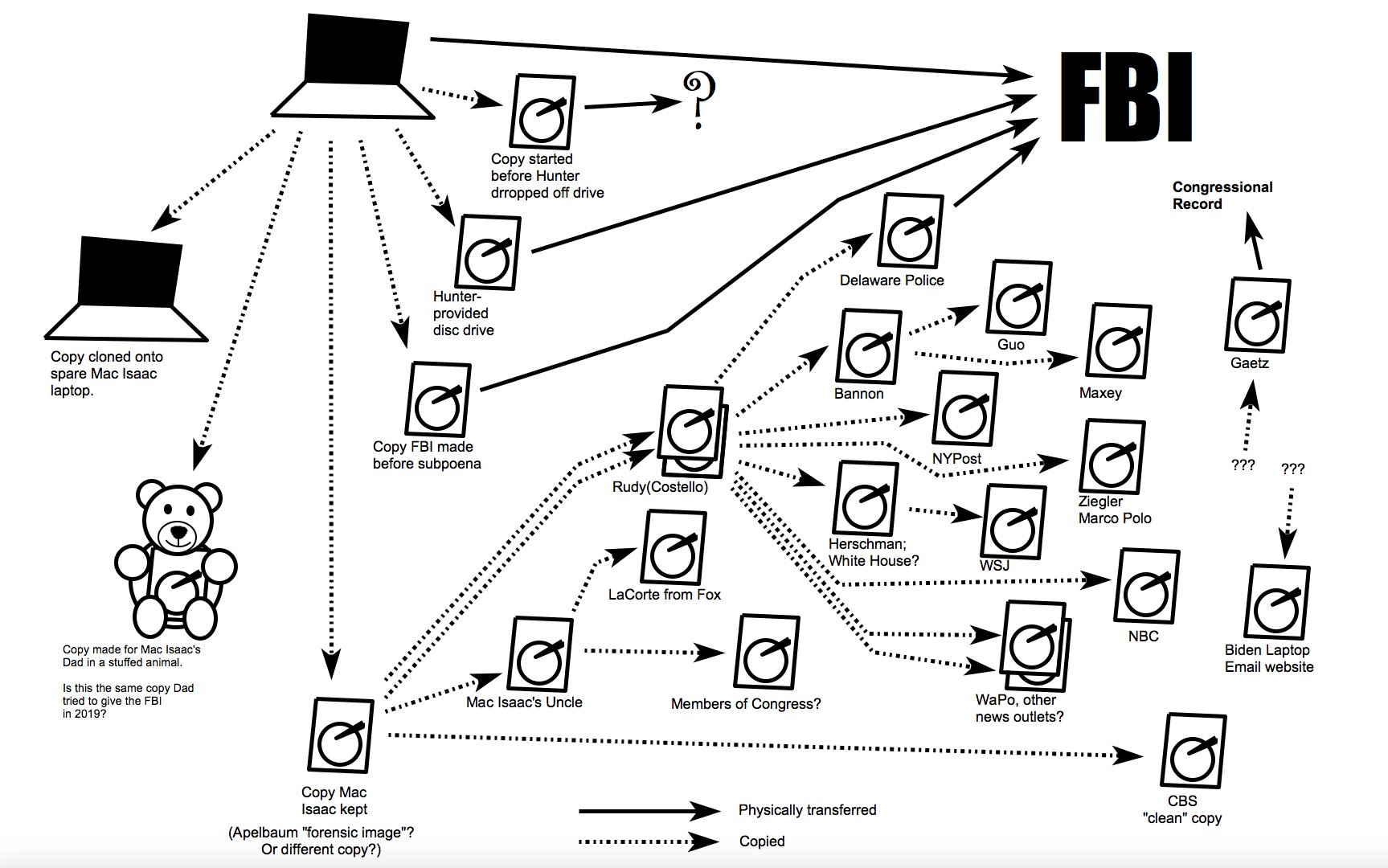
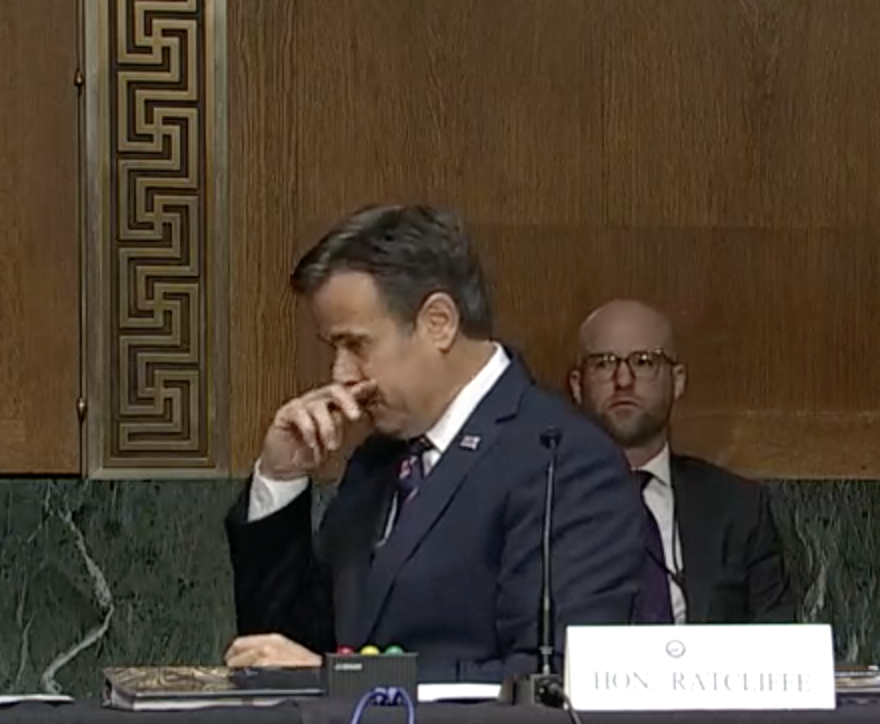

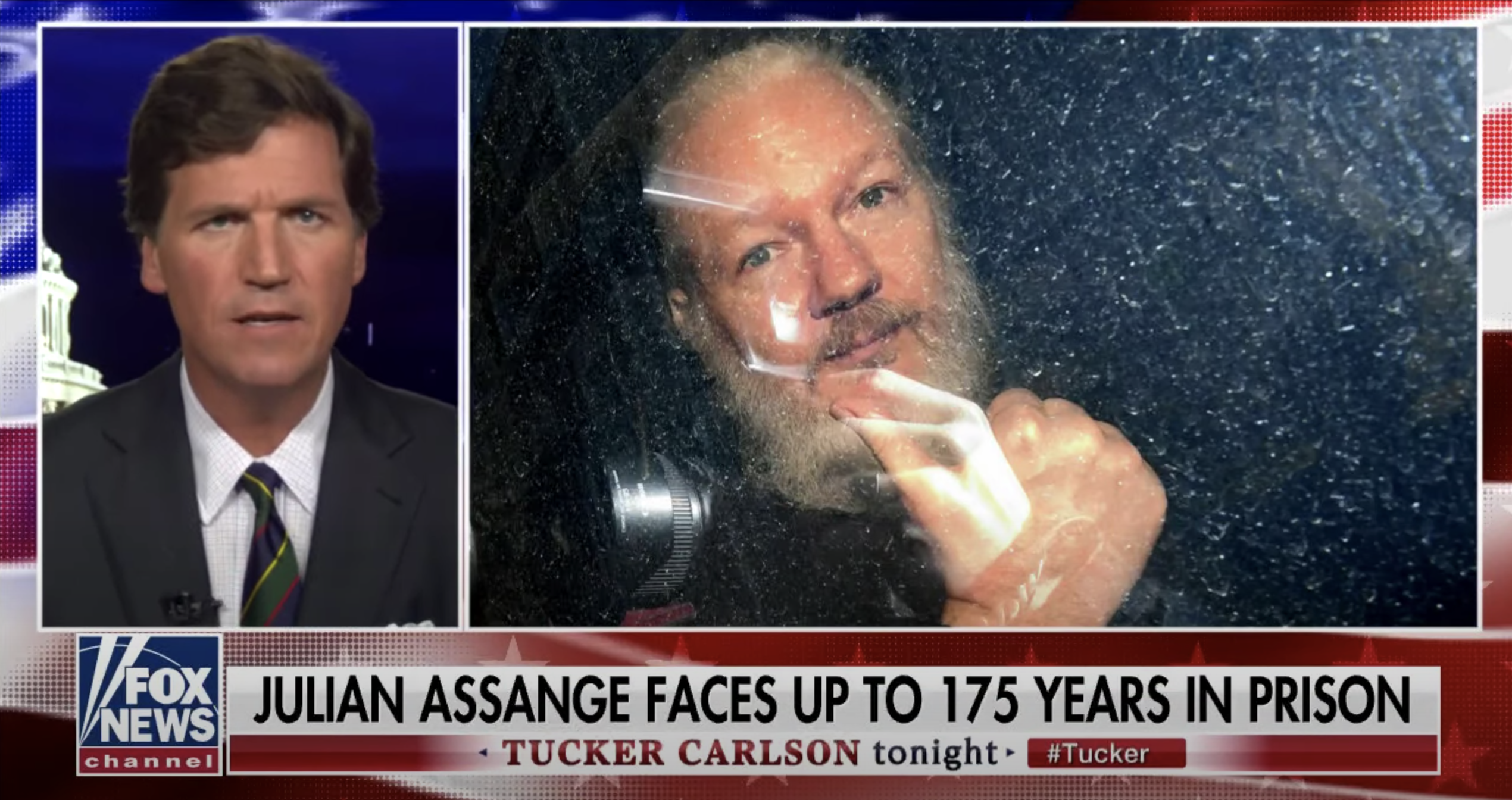
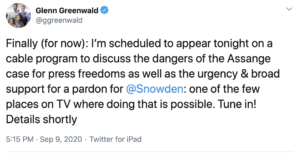


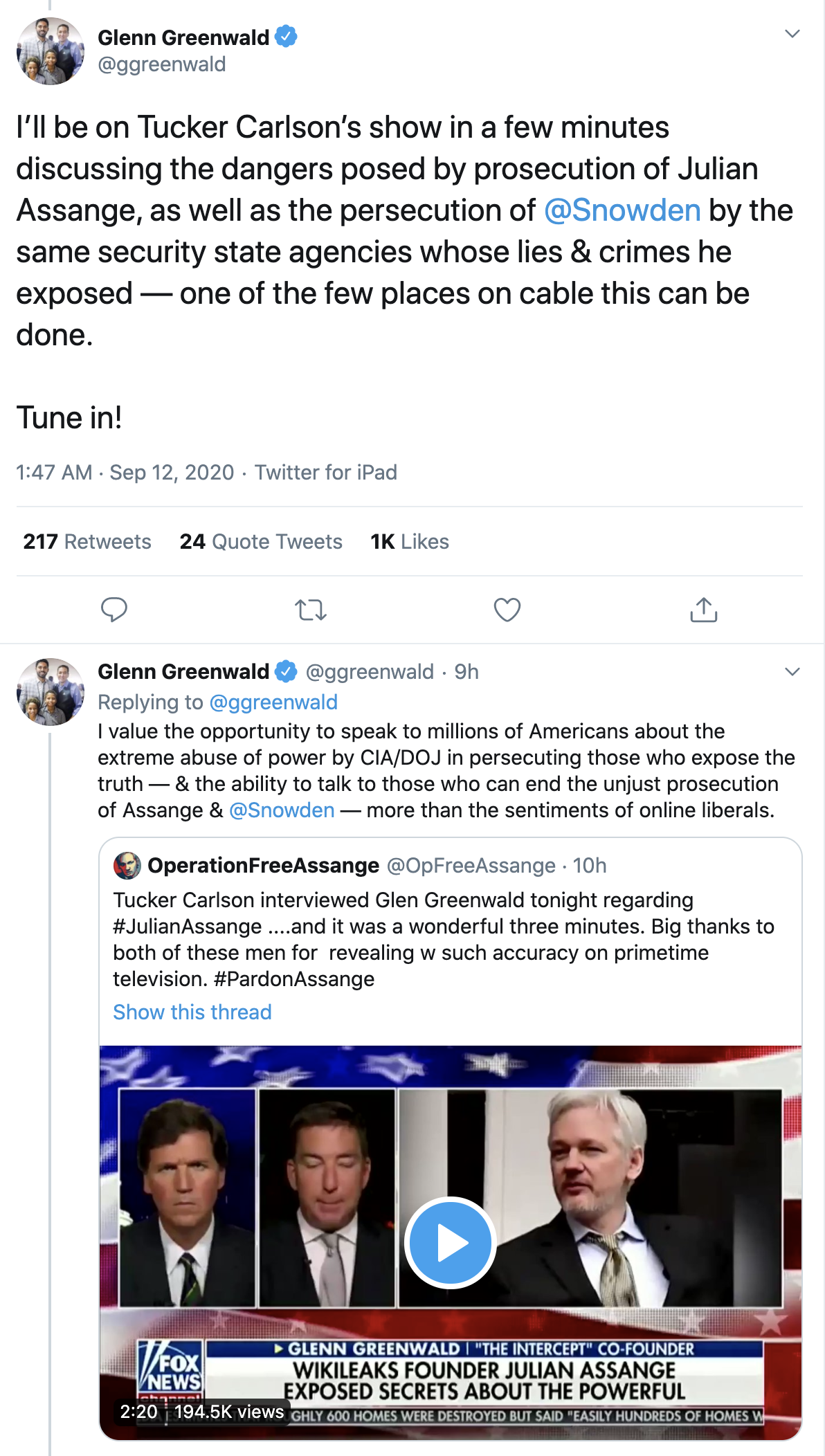

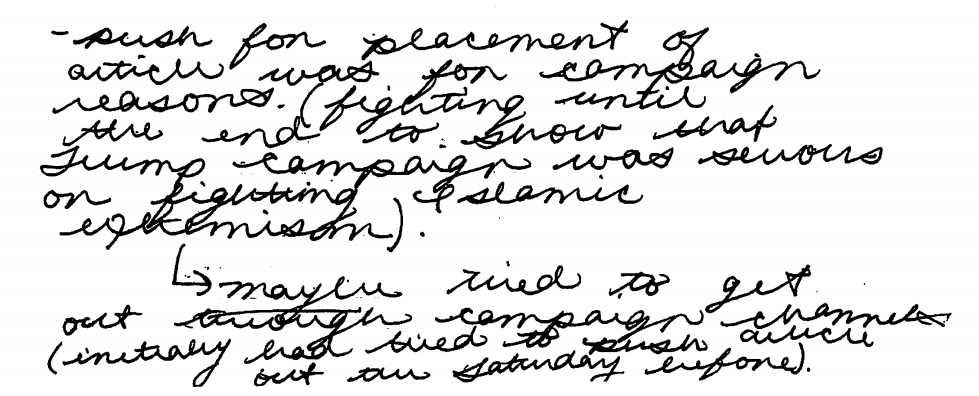
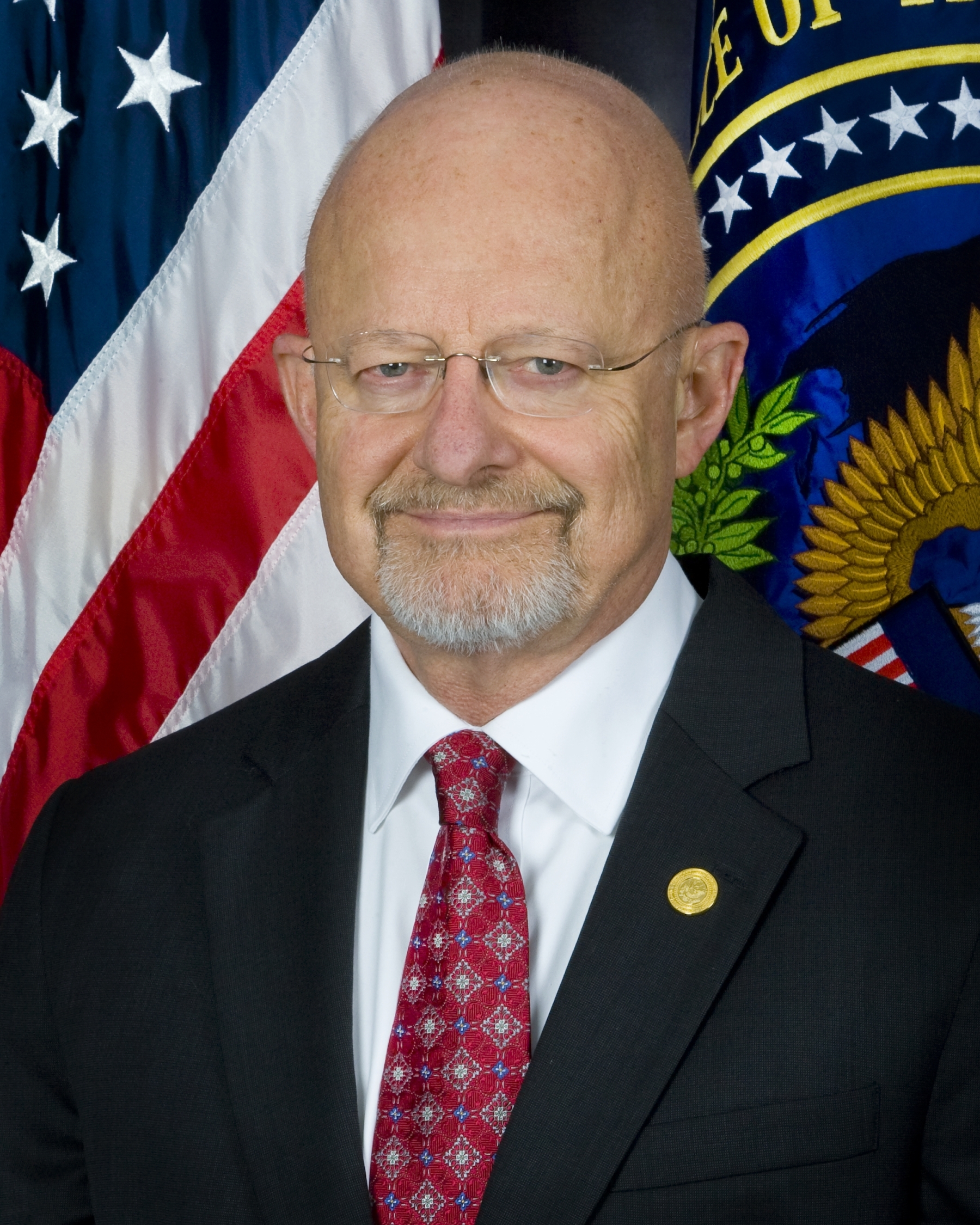

![[Photo: National Security Agency, Ft. Meade, MD via Wikimedia]](https://www.emptywheel.net/wp-content/uploads/2017/08/NationalSecurityAgency_HQ-FortMeadeMD_Wikimedia.jpg)